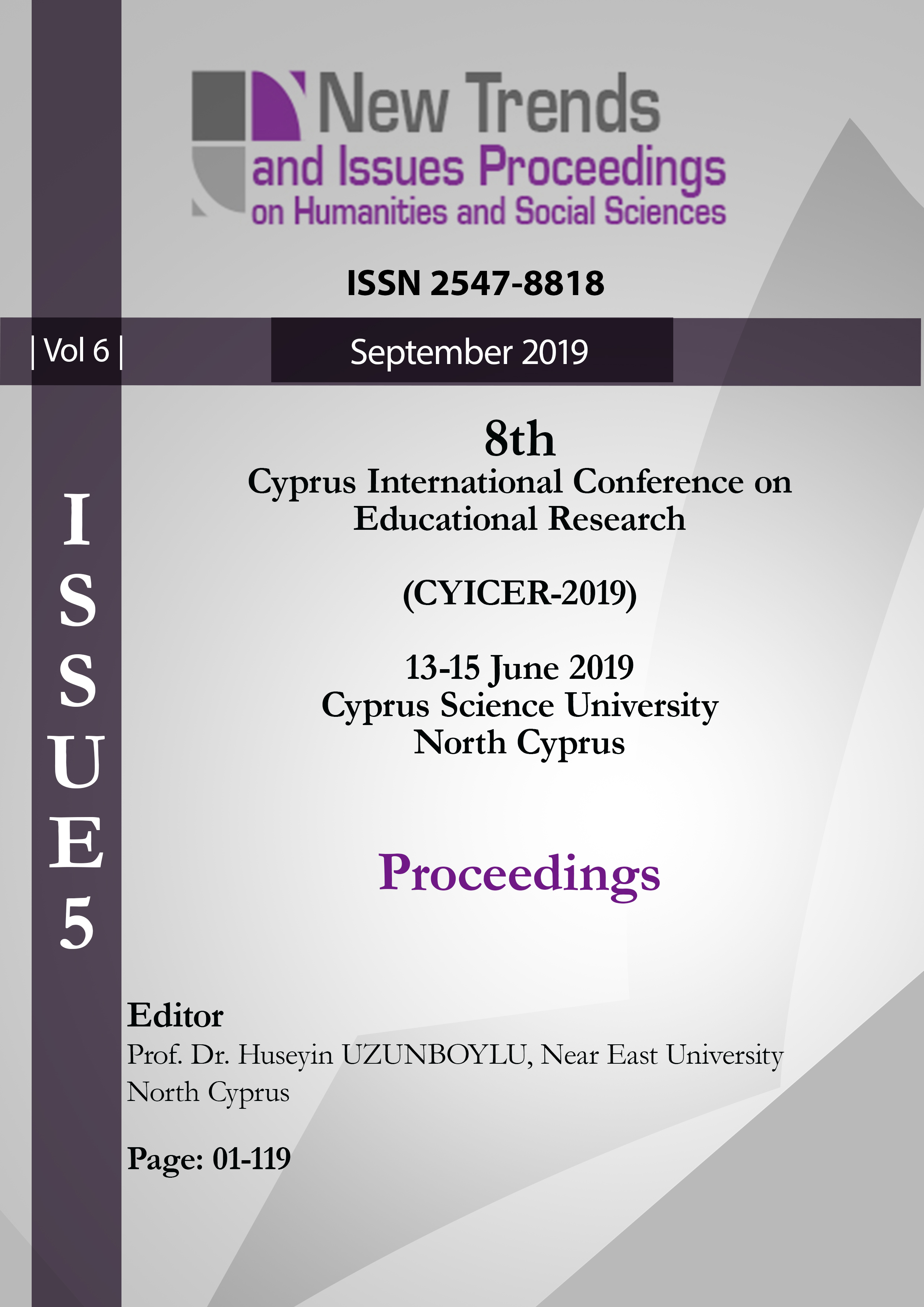Facebook use by people with learning disabilities: The case for facilitated, guided autonomy
Main Article Content
Abstract
Facebook is a worldwide phenomenon. However, for people with learning disabilities, the platform presents many challenges. These relate to social skills, self-expression and avoiding exploitation or other hurtful experiences. This study explores factors relating to Facebook use or abstinence by this cohort; how these may be influenced by their learning disabilities, and how supporters can help mitigate any difficulties or barriers. In-depth interviews (n = 115) and observations of usage were conducted. The findings revealed that themes elicited centred around passive consumption of content, supporter controls, virtual connectivity, vicarious enjoyment and aspects concerning the projection of self. Factors related to non-use included a lack of knowledge or access to the platform. A case is made for supporters practicing ‘facilitated, guided autonomy’ by working with those whom they support to help evaluate ‘friend’ requests, compose posts and generally, emphasising their subservience to those whom they support, act as ‘Facebook assistants’.
Keywords: Social media, Facebook, learning disabilities, inclusion, autonomy.
Downloads
Article Details

This work is licensed under a Creative Commons Attribution 4.0 International License.
Authors who publish with this journal agree to the following terms:- Authors retain copyright and grant the journal right of first publication with the work simultaneously licensed under a Creative Commons Attribution License that allows others to share the work with an acknowledgement of the work's authorship and initial publication in this journal.
- Authors are able to enter into separate, additional contractual arrangements for the non-exclusive distribution of the journal's published version of the work (e.g., post it to an institutional repository or publish it in a book), with an acknowledgement of its initial publication in this journal.
- Authors are permitted and encouraged to post their work online (e.g., in institutional repositories or on their website) prior to and during the submission process, as it can lead to productive exchanges, as well as earlier and greater citation of published work (See The Effect of Open Access).
